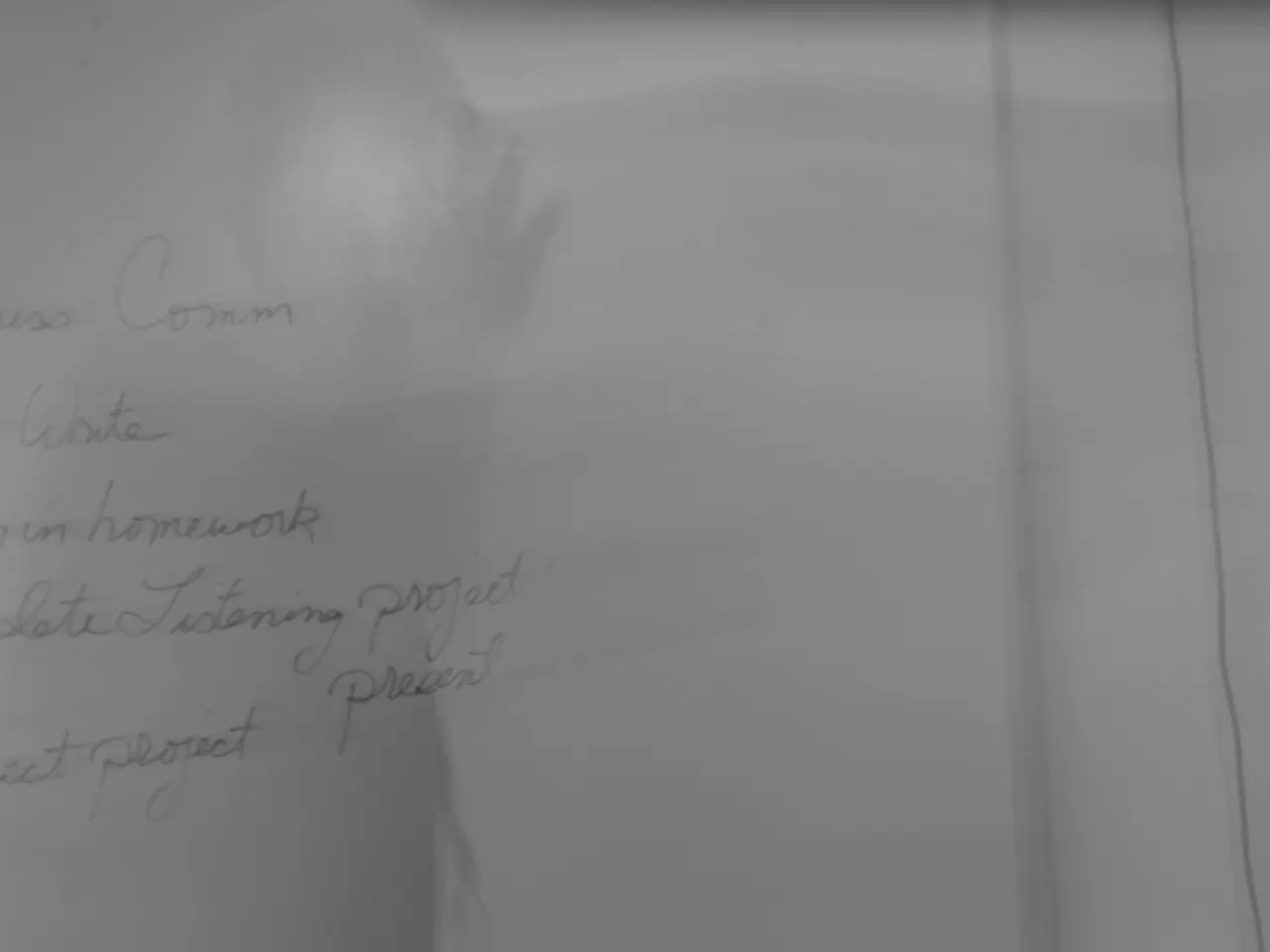Exploring the Role of Psychotherapy in Overcoming Infidelity Temptations
Infidelity can have profound emotional and relational consequences, leaving individuals and couples struggling to cope. In such challenging times, psychotherapy can offer a safe and judgment-free space to navigate these complexities, helping parties involved heal and potentially strengthen their relationship.
Processing Emotions and Trauma
Both partners can benefit from therapy by processing their emotions and dealing with potential trauma caused by infidelity. The betrayed partner may experience symptoms similar to trauma, such as intrusive thoughts and emotional numbness, while the unfaithful partner may struggle with guilt, shame, and self-doubt.
Rebuilding Trust and Communication
Therapy provides a safe space for both partners to communicate openly and work on rebuilding trust. Techniques like the Gottman Method and Emotionally Focused Therapy (EFT) can help in improving communication and strengthening the relationship.
Understanding and Changing Patterns
Individual therapy can help the unfaithful partner understand the reasons behind their infidelity and work on preventing future occurrences. It also helps the betrayed partner to assess their own needs and values in the relationship.
Applying Therapeutic Insights
Success in therapy depends on both partners' willingness to apply the insights and strategies learned during sessions to their daily interactions.
Approaches to Therapy
- Individual Therapy: Often recommended initially to help each partner process their emotions and stabilize before starting couples therapy.
- Couples Therapy: Once both partners are emotionally ready, couples therapy can begin to focus on rebuilding trust and strengthening the relationship.
- Multidisciplinary Support: May include additional resources like family and friends, and other forms of counseling to support the recovery process.
Additional Considerations
- Emotional Consequences: The person who committed infidelity also experiences emotional consequences, such as guilt, shame, and confusion.
- Self-Esteem: The self-esteem of the betrayed partner can be greatly affected, leading to questions about self-worth and attractiveness.
- Empathy: Working on empathy through psychotherapy can significantly reduce the desire to be unfaithful.
- Discussing Infidelity: It is essential to discuss what happened with the partner, but this should be done with respect and honesty.
- Timing: Choosing a suitable time for a discussion about infidelity, without distractions or external pressures, is important.
- Communicating Emotions: Speaking from emotions, using phrases like "I feel" or "I recognize that," can help take responsibility without blaming others.
In conclusion, psychotherapy offers a structured environment for individuals and couples to navigate the emotional and relational challenges following infidelity, helping them to heal and potentially strengthen their relationship.
Read also:
- Prostate Cancer Examination Guidelines, Outcomes, and Financial Aspects
- Home Care Strategies for Stroke Victims
- Changes in manufacturing and consumer habits driven by cosmetic certification processes
- victory for Central Java communities in landmark lawsuit against textile conglomerate over pollution issues







